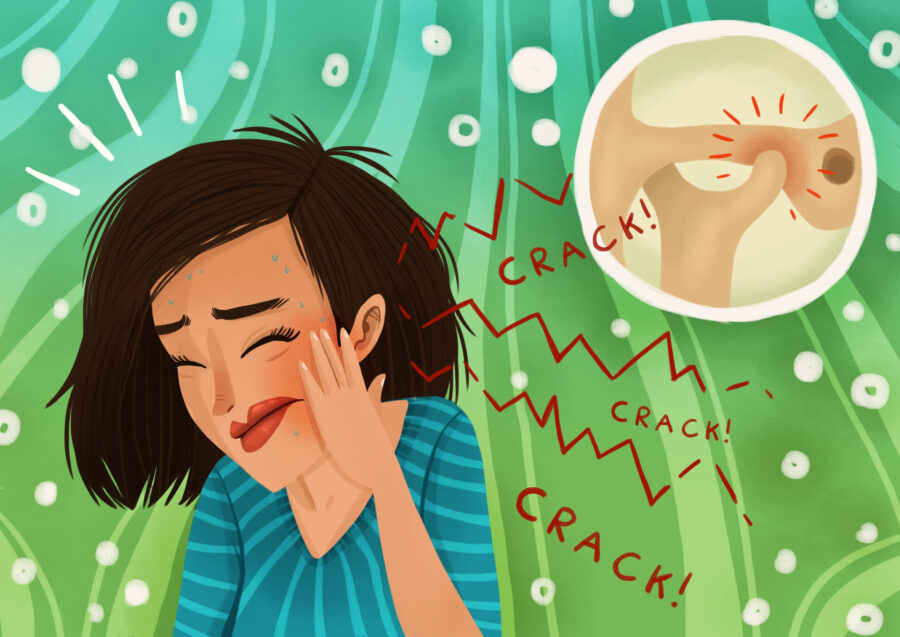
How to Know if You Might Have TMJ Disorder
September 26, 2024 9:00 amDo you often wake up with a sore jaw or experience frequent headaches? These could be signs of TMJ disorder, a condition that affects the temporomandibular joint—the hinge connecting your jaw to your skull. TMJ disorder can disrupt daily life and cause various symptoms, but the good news is that it’s treatable.
Common Signs of TMJ Disorder
While TMJ symptoms can vary, here are the most common indicators that something might be up with your jaw joint:
1. Jaw Pain or Discomfort
Jaw pain is one of the hallmark signs of TMJ disorder. The pain can range from mild discomfort to sharp, intense aches. It may worsen when chewing, yawning, or speaking.
2. Frequent Headaches
Unexplained headaches, especially those that occur after waking up or after chewing, are often linked to TMJ disorder. Many patients mistake these headaches for migraines, but they might actually stem from jaw tension.
3. Clicking or Popping Sounds
If you hear clicking, popping, or even grinding noises when you open or close your mouth, your temporomandibular joint may not be functioning correctly. While occasional sounds are normal, regular occurrences could indicate a TMJ issue.
4. Jaw Locking
Experiencing your jaw “locking” or getting stuck in an open or closed position is another warning sign. This can make it difficult to open your mouth fully or speak clearly.
5. Ear Pain Without Infection
TMJ problems can cause earaches even when there’s no infection. Since the temporomandibular joint is located near your ears, issues with the joint can radiate pain to that area.
6. Facial or Neck Soreness
You might feel tightness or soreness in your face, neck, or shoulders. This is because TMJ disorder often causes muscle tension in these areas due to improper jaw alignment.
What Causes TMJ Disorder?
Several factors can contribute to TMJ issues:
Teeth Grinding (Bruxism): Constant grinding can wear down the joint and cause inflammation.
Jaw Misalignment: If your bite is off, it can lead to stress on the TMJ.
Arthritis: Just like other joints, the TMJ can be affected by arthritis, leading to pain and stiffness.
Stress: High stress levels can cause you to clench your jaw or grind your teeth, both of which put a strain on the TMJ.
Diagnosing TMJ Disorder
If you’re experiencing any of these symptoms, it’s a good idea to seek a professional evaluation. At McKinney Dental Wellness, we specialize in diagnosing and treating TMJ disorders with a holistic, biological approach. We focus on finding the root cause of your symptoms, using non-invasive techniques whenever possible. The process often involves a physical exam of your jaw, imaging tests, and reviewing your medical history to ensure your treatment aligns with your overall health and well-being.
Treatment Options for TMJ Disorder at McKinney Dental Wellness in McKinney, TX
TMJ disorder is treatable, and the earlier it’s addressed, the easier it is to manage. Depending on the severity of your symptoms, treatment could include anything from lifestyle changes and stress management to custom-made nightguards or even physical therapy.
If you suspect you might have TMJ disorder, schedule a consultation with Dr. Julie Leday and Dr. Kylie Holliday at McKinney Dental Wellness. We’ll help you find relief and restore comfort to your daily life.
Contact UsImage from Authority Dental under CC 2.0
Categorised in: TMJ Disorder

